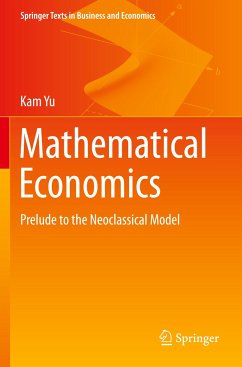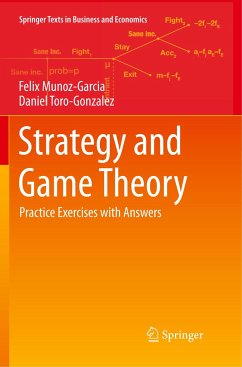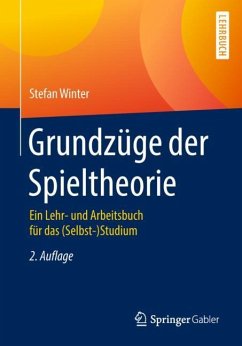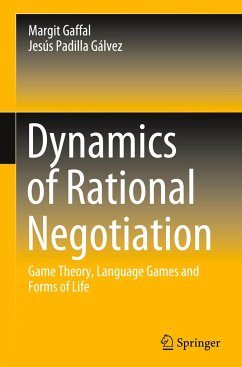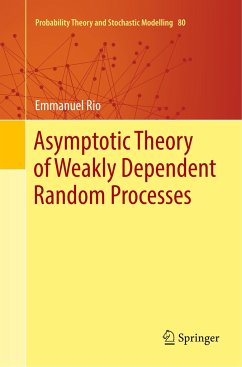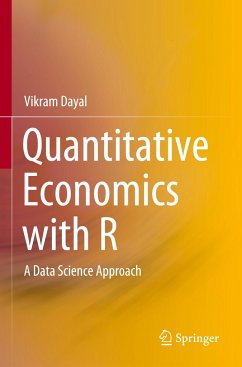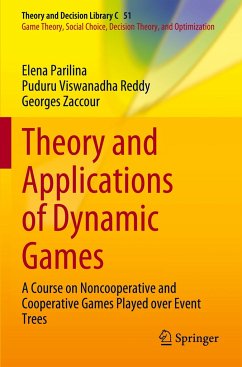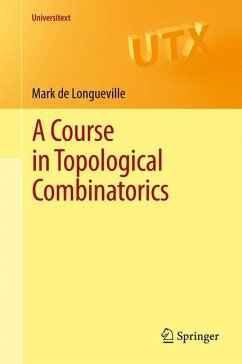
Mathematical Foundations of Game Theory

PAYBACK Punkte
31 °P sammeln!
This book gives a concise presentation of the mathematical foundations of Game Theory, with an emphasis on strategic analysis linked to information and dynamics. It is largely self-contained, with all of the key tools and concepts defined in the text.Combining the basics of Game Theory, such as value existence theorems in zero-sum games and equilibrium existence theorems for non-zero-sum games, with a selection of important and more recent topics such as the equilibrium manifold and learning dynamics, the book quickly takes the reader close to the state of the art. Applications to economics, b...
This book gives a concise presentation of the mathematical foundations of Game Theory, with an emphasis on strategic analysis linked to information and dynamics. It is largely self-contained, with all of the key tools and concepts defined in the text.
Combining the basics of Game Theory, such as value existence theorems in zero-sum games and equilibrium existence theorems for non-zero-sum games, with a selection of important and more recent topics such as the equilibrium manifold and learning dynamics, the book quickly takes the reader close to the state of the art. Applications to economics, biology, and learning are included, and the exercises, which often contain noteworthy results, provide an important complement to the text.
Based on lectures given in Paris over several years, this textbook will be useful for rigorous, up-to-date courses on the subject. Apart from an interest in strategic thinking and a taste for mathematical formalism, the only prerequisite for reading the book is a solid knowledge of mathematics at the undergraduate level, including basic analysis, linear algebra, and probability.
Combining the basics of Game Theory, such as value existence theorems in zero-sum games and equilibrium existence theorems for non-zero-sum games, with a selection of important and more recent topics such as the equilibrium manifold and learning dynamics, the book quickly takes the reader close to the state of the art. Applications to economics, biology, and learning are included, and the exercises, which often contain noteworthy results, provide an important complement to the text.
Based on lectures given in Paris over several years, this textbook will be useful for rigorous, up-to-date courses on the subject. Apart from an interest in strategic thinking and a taste for mathematical formalism, the only prerequisite for reading the book is a solid knowledge of mathematics at the undergraduate level, including basic analysis, linear algebra, and probability.





